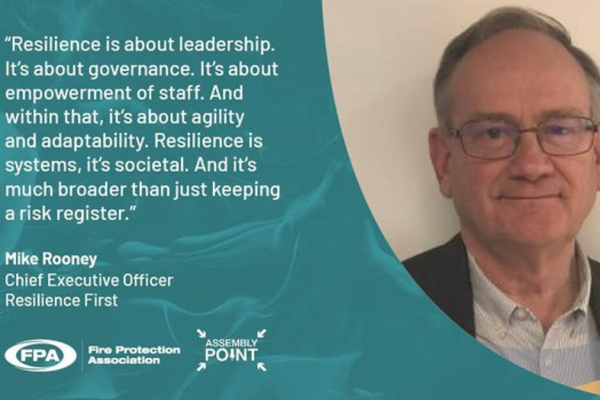Reform, a think tank for public-service reform, has published a series of essays to provide a platform for innovative ideas, to stimulate debate, and help shape a way forward. The compendium can be found here, but short extracts are provided below as they are insightful and noteworthy.
Professor Ian Goldin at the University of Oxford notes that: ‘A truly resilient state emerges from the crisis stronger than before. Resilient states (i) learn from the past, (ii) train, trust and retain the best people, (iii) invest in preparedness while the sun shines, (iv) distribute domestic power effectively, and (v) build mutually-supportive coalitions internationally. He adds: ‘One-off policy initiatives are insufficient: true resilience emerges from practicing these behaviours repeatedly, so that knowledge, expertise and trust compound over time.’
Professor Sir Ivor Crewe, formerly of Oxford University, states with reasons that: ‘The handling of the pandemic represents the most egregious failure of British governance in living memory.’ One lesson is that we should not plan future wars with the battleplans of the last by citing that ‘PHE was geared up for an influenza epidemic … but Covid-19 proved far more infectious, unpredictable and lethal.’
Dr Rod Thornton and Dr Marina Miron at King’s College London believe that: ‘The current pandemic has exposed the UK’s general lack of homeland resilience to the activities of state adversaries.’ ‘There appears to be a need to set up a substantial civil defence organisation whose sole mission it would be to provide immediate and dedicated emergency situation mitigation – but to act at scale and at pace, such a body would need a high degree of standing mass.’ (See Resilience First’s news item on this topic here.)
Rt Hon Lord William Wallace of Saltaire, Lib Dem Spokesperson for the Cabinet, states that: ‘Resilience in a crisis requires a degree of redundancy: stockpiling of supplies, planning for staff deployments and laboratories in reserve for emergency use.’ This tension between efficiency and resilience will have to be addressed if we are to better weather future shocks. ‘All governments make mistakes in responding to unanticipated emergencies. Not all governments learn from those mistakes, to carry through reforms to improve their resilience.’
Andy Haldane, Chief Economist Bank of England, comments on social capital. He states: ‘As the invisible hand of the market brings innovation and creativity and the body of the state brings security and stability, the heart of civil society provides the networks, communities and social glue that binds the first two together…’ ‘Yet, despite its importance, historically and presently, the social sector has also demonstrated a vulnerability, a lack of resilience, during these times of stress.’
Danny Kruger MP believes that one of greatest weaknesses exposed by the pandemic is central government’s controlling instinct. A state that gives power back to communities, is a more resilient state. But as with our digital infrastructure, our social infrastructure cannot be taken for granted, it needs nurturing, resourcing and protecting.
Finally, Rt Hon Baroness Nicky Morgan of Cotes, states that: ‘To achieve a truly resilient state we need better connectivity both geographically but also demographically.’
Poor collection and use of data, insufficient pre-pandemic adoption of tech, gaps in civil service capability, a seeming lack of scenario-testing and decisive action, and a mixture of over centralisation and excessive fragmentation in the machinery of government and service delivery. All of these meant the State was less resilient than it could have been when crisis hit, the report concludes.



